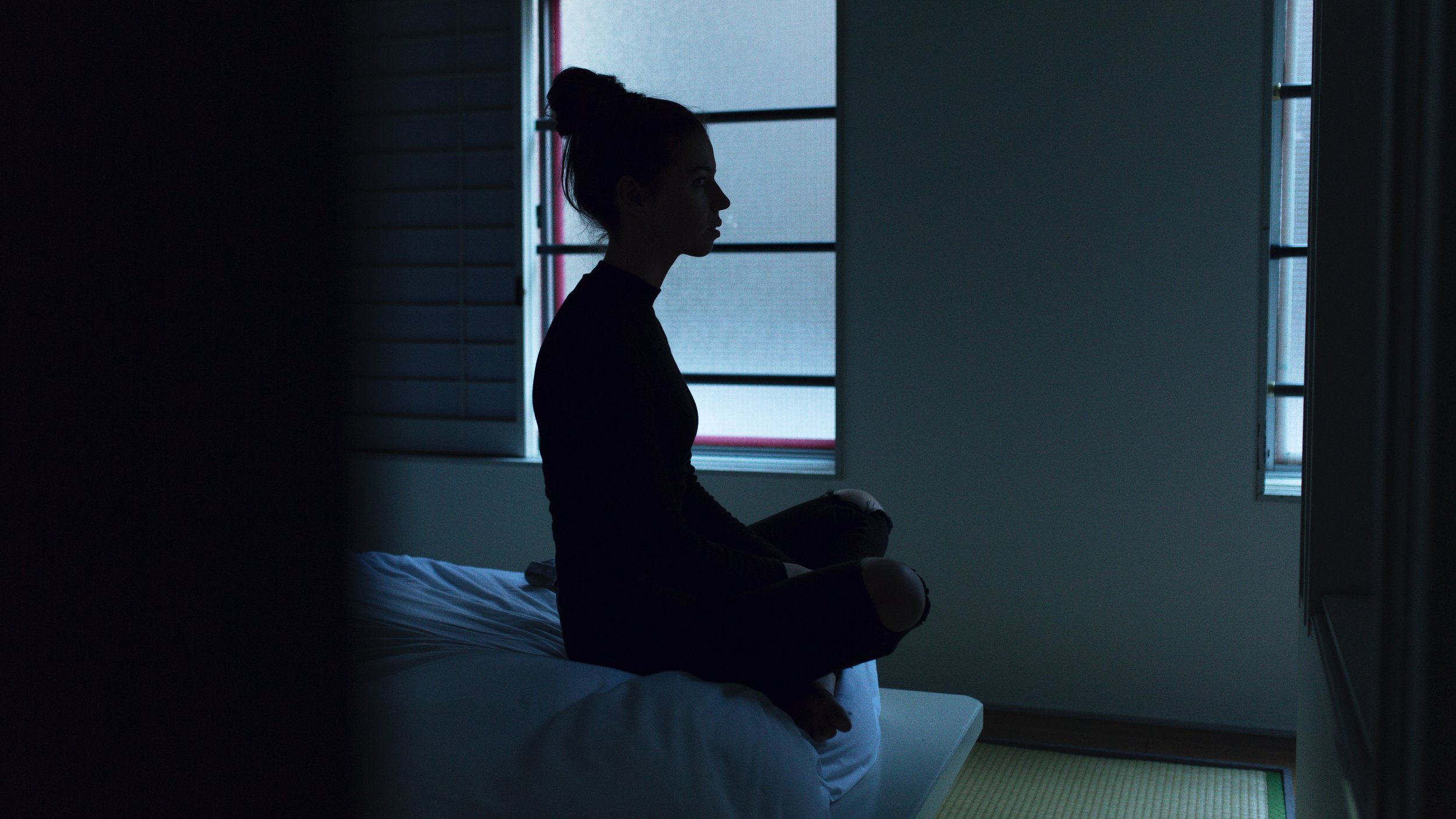In my last post, When Discomfort From Anxiety Creates Resistance, I discussed how change can leave your mind and body feeling threatened, even when you consciously want to change (or make changes). I noted that the perception of a potential threat is often unconscious, and the reaction to it can happen so quickly that it escapes our awareness.
By way of example, I shared how the suggestion of riding bikes at a time when you routinely did other things might make you react from that place where you feel challenged or threatened. Reacting when you feel threatened might stop you from doing things differently, even when you’re the one who wants to make changes.
I recently read a passage from Mark Nepo’s The Book Of Awakening, Having the Life You Want by Being Present to the Life You Have, that I think speaks to the benefits of stepping out of your routine into the uncomfortable waters of change:
“Risk opens safety. It doesn’t shut it down. Only through the risk to open can we inhabit and receive the strength and fullness of what is whole.”
In other words, if we don’t try new things, if we keep our routines in place because they make us feel “safe,” we stop ourselves from fully engaging in our lives. If we don’t take the risk, we won’t live our life to the fullest, and we won’t heal the parts of us that are afraid of change.
How To Embrace Your Uncomfortable Feelings
So, how can we slow things down so we don’t react before we think it through? Mindful awareness. When we begin to recognize that potential changes might trigger a threat response, we can slow things down in the moment. Our body will still react to the perceived threat, but we can choose to take a moment to feel the reaction. We can identify what happened, own it and say it out loud (or in your head, if you’re within earshot of a bunch of people).
First take a slow, intentional, deep breath. Then, using the example from the last post, you might say to yourself, “Wow, just the suggestion of riding bikes Sunday morning makes me super stressed out. It makes me feel like my whole day will be turned upside down and I won’t get anything done.” Sometimes, naming and allowing your feelings in the moment is enough to bring your mind and body back to a calmer state.
If you’re still distressed after being with your feelings, you might need to explore and get a little more curious. In these moments, it might be that the suggestion of doing things differently is triggering a distant memory, what we therapists call an implicit memory. Implicit memories bring your brain and body back in time to a place where things might have been very stressful or to a place where you didn’t feel safe. If you want to know more about implicit memories, you can read about them in my blog post, 3 Grounding Techniques To Help you Manage Anxiety.
How To Get Curious About Your Anxiety
When we feel extremely anxious, sometimes it’s hard to get to a place where we can be curious. That’s because our brain is registering a threat. It wants us to react quickly, so we need to slow things down, to get more grounded and get back to the present moment. Here’s a video that leads you through three different grounding techniques.
The idea behind grounding is to bring the more conscious, problem-solving, curious part of your brain, the prefrontal cortex, back online. It gets kicked offline when our brain senses or perceives a threat. I italicized the word “perceives” because the threat might not actually be an unsafe situation, but our brain associates similar situations in similar ways and reacts as if the threat were real. By bringing the more conscious parts of our brain back online, we can then assess the true threat level.
5 Steps To Deactivate Your Stressed Brain And Get Curious





































